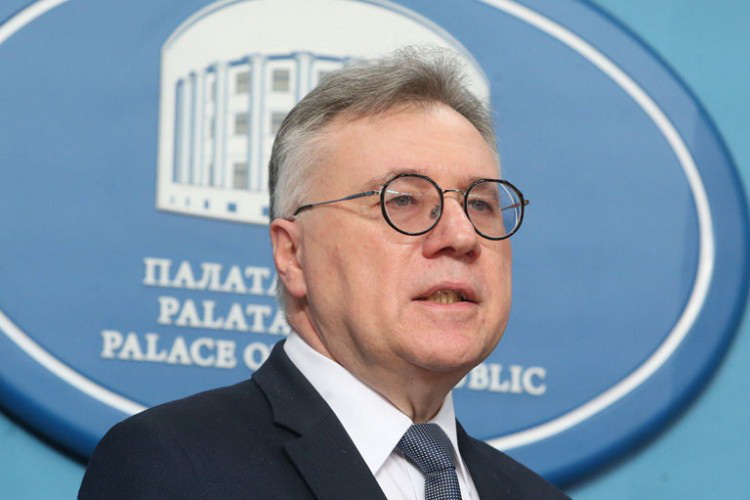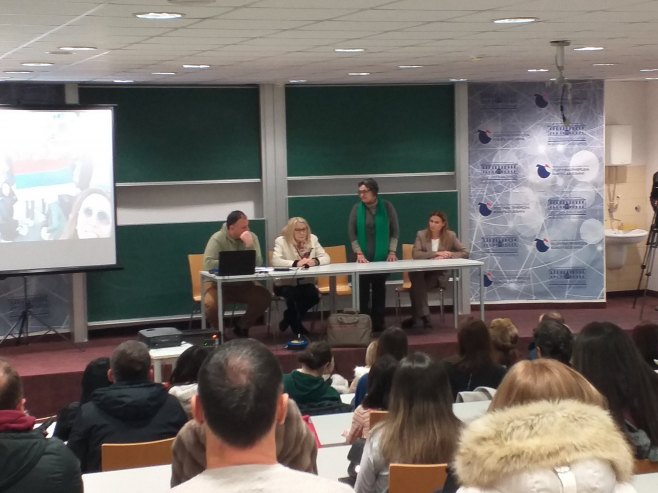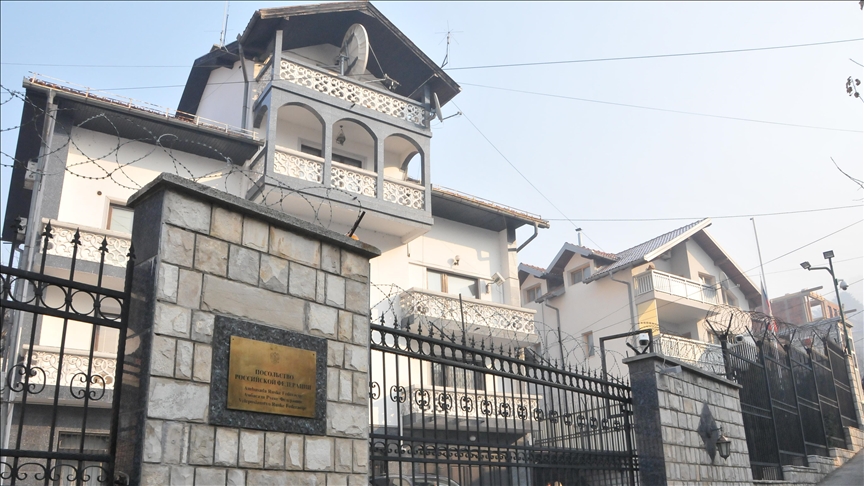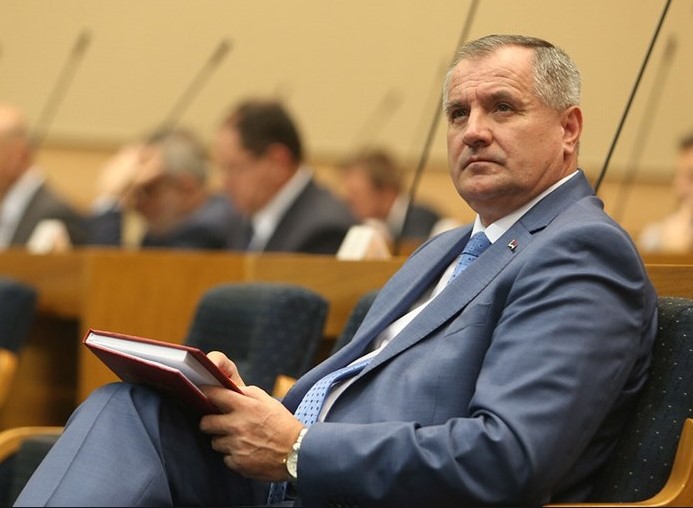The documentary film “Saving Interrupted Childhood: Tinos – 30 Years Later” by Mladen Kojić was presented to the audience in Vlasenica tonight. The film was made as a gesture of gratitude to the Greek people for providing shelter to children from Republika Srpska in 1994.
The film revisits the stay of 90 children and five teachers from Vlasenica, Bratunac, Skelani, and Srebrenica on the Greek island of Tinos, 30 years later.
Kojić explained that the children spent five months in Greece, most of them having lost one or both parents, or being refugees and children of war veterans whose childhoods were disrupted by war.
He announced plans to continue filming, including interviews with residents of Tinos who provided care and affection to the Serb children.
Kojić emphasized that the film would not have been possible without the support of the company “Gross” – Lead and Zinc Mine “Sase” – and the Representative Office of Republika Srpska in Greece.
Slađana Dimić, former coordinator at the Red Cross of Serbia, who organized the children’s trip, said that around 200 Greek cities hosted children through this program from 1993 to 2011.
According to her, more than 21,000 Serbian children from Serbia and Republika Srpska stayed in Greece during this time.
“These children have grown into good people, and the most rewarding part is seeing them succeed and lead us today,” Dimić stated.
She explained that the purpose of the Red Cross program was to remove children from immediate war dangers and enable them to continue their education.
“This was a unique form of humanitarian aid. It’s one thing to send someone a package of clothes, food, or shoes, and quite another to open your home and welcome a child you don’t know and who doesn’t speak your language,” Dimić added.
She expressed admiration for how Greek families of varying social, economic, and educational backgrounds showed such willingness to help and provide love.
One of the teachers who traveled with the children, Koviljka Đurović from Vlasenica, took 22 students on this humanitarian mission to save their childhoods.
Đurović said she was proud of the film’s author, who was a student at the time and has now created a documentary to ensure this mission is not forgotten.
Marijana Ristanić, one of the children who traveled to Greece, recalled how they were welcomed in 1994 as if they were family.
“We never felt like a burden to them, and even now, reconnecting with those people, they still remember us fondly,” Ristanić said.
Acting director of the Cultural Center Vlasenica, Bojana Bošković, expressed gratitude to Kojić for creating a film that highlights events from 30 years ago and the support Greece provided to Serb children.
The film premiered on Tinos in October and is the first documentary from Republika Srpska dedicated to expressing sincere gratitude for Greece’s selfless help to Serb children during the war in Bosnia and Herzegovina.
As a token of appreciation for organizing the trip to Greece, Kojić presented Vlasenica Mayor Miroslav Kraljević with a monograph about Tinos, an icon of the Virgin Mary from Tinos, and a certificate of gratitude for his support.
The event was organized by the Cultural Center Vlasenica and sponsored by the Municipality of Vlasenica.
Source: RTRS









